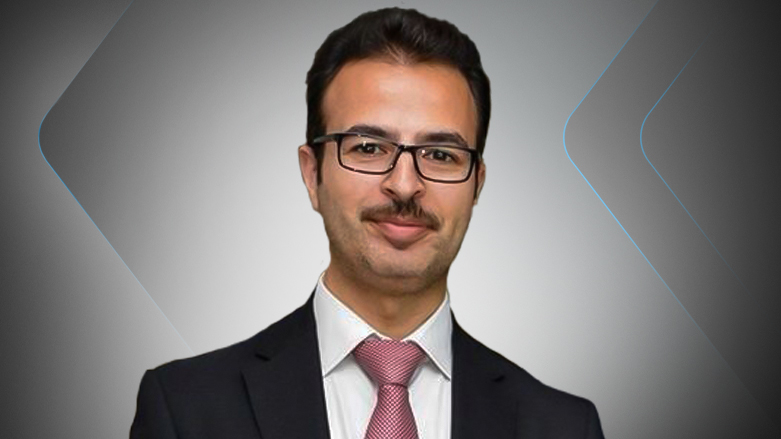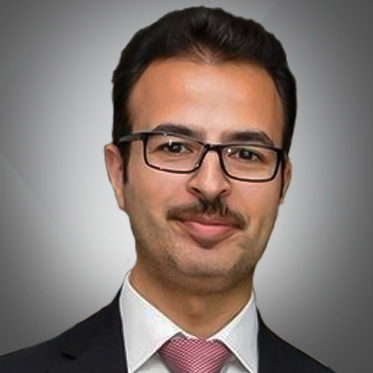Prosperity Amid Adversity: The Heaven Inside The Hell!

While the drums of war are banging in the United States and Iran, the Kurdistan Region’s situation is improving daily.
Kurdistan has overcome five notable obstacles: the threat of the Islamic State, international opposition to the Kurdish referendum, internal Kurdish disagreements, external political differences with Baghdad, and the economic depression.
A haven is finally emerging in Kurdistan which lies in the middle of a region that may be reaching its boiling point. The Middle East is holding its breath for the long-anticipated apocalyptic showdown between America and its nemesis Iran.
The first good news for Kurdistan was the military defeat of the Islamic State. The autonomous Kurdish region and its Peshmerga forces emerged victorious from a long battle against a dangerous enemy. The war against the terror group was extremely challenging for the Peshmerga forces, especially when it began in 2014. However, by the end of it, in 2018, the Kurdish troops became a formidable, heavily-armed, battle-hardened force—a military power to be reckoned with.
Furthermore, the resumption of normal relations with the international and neighboring community after the 2017 Kurdistan independence referendum was a good sign of better times ahead. International travel resumed, and the airports in the cities of Erbil and Sulaimani were reopened. The development was critical as Kurdistan is landlocked and depends on its neighbors for international transportation.
Additionally, the appointment of Adil Abdul-Mahdi as Iraqi Prime Minister considerably eased tensions between Baghdad and Erbil. Abdul-Mahdi is a long-standing friend of the Kurds and is respected by the Kurdish leaders for his fairness. What followed was a series of gestures of goodwill from his side and the Kurdish side to strengthen political relations between Kurds and Arabs.
Moreover, the resumption of negotiations between the leading Kurdish parties in the Kurdistan Region – the Kurdistan Democratic Party (KDP), Patriotic Union of Kurdistan (PUK), and Goran (Change) Movement – was also a significant factor for improvement. Both the KDP and Goran reached an agreement to support the appointment of Nechirvan Barzani as the new president of the Kurdistan Region.
Finally, the recovery of Kurdistan’s economy, despite fears of an American-Iranian war, has brought confidence back to the Kurdistan Region’s market. Projects that have long been put on hold are resuming such as the opening of a major section of the 120-meter highway in Erbil. Additionally, due to better relations between Erbil and Baghdad, Baghdad is sending overdue salaries to Kurdistan Regional Government (KRG) employees estimated to be above 1.2 million people, which is a major portion of the Kurdish population.
With these five good omens, Kurdistan faces the prospect of a brighter future, a haven if you like, in the center of an unstable region. No one knows what the future holds, but what is certain is that, right now, five of Kurdistan’s major troubles seem to have ended.
Many analysts suggest the American-Iranian warmongering propaganda is just muscle flexing and neither side has the appetite for a full-scale major war. Once these beliefs become a reality and some agreement is reached between the two parties, then the Kurdistan Region will prosper further and become a real heaven far from hell!
Swara Kadir is a UK educated business studies and psychology lecturer with a Doctorate in Psychology. He is also a writer at a leading private school in Erbil.
The views expressed in this article are those of the author and do not necessarily reflect the position of Kurdistan24.
Editing by Karzan Sulaivany
